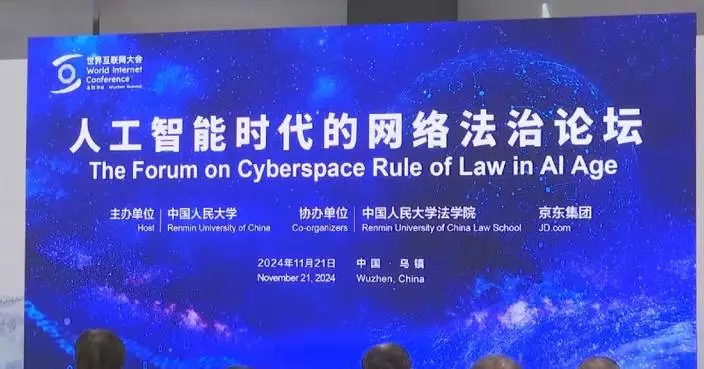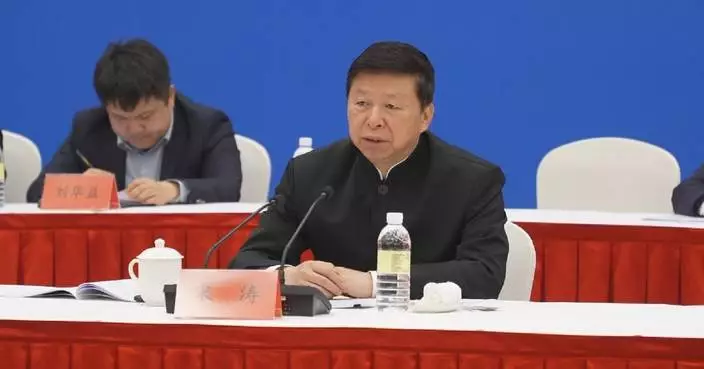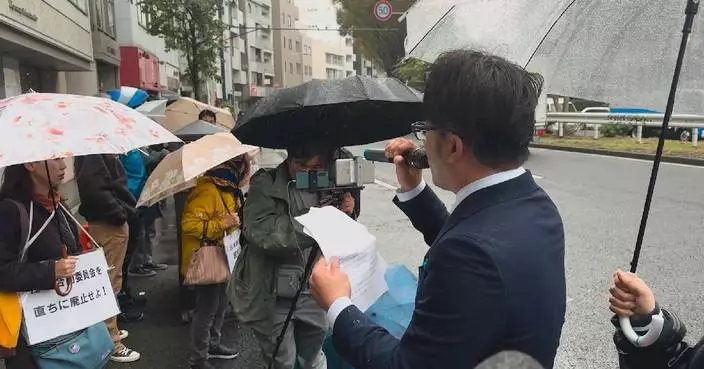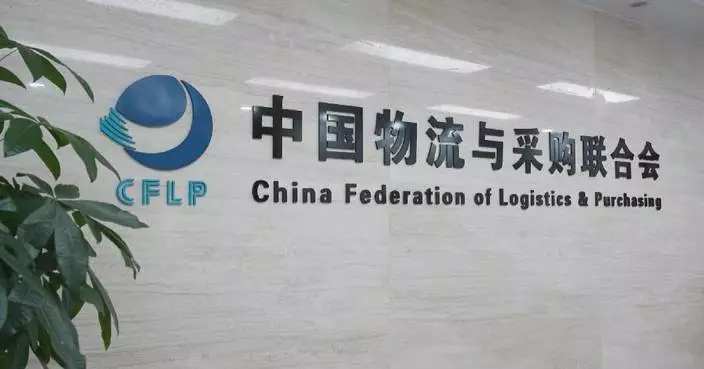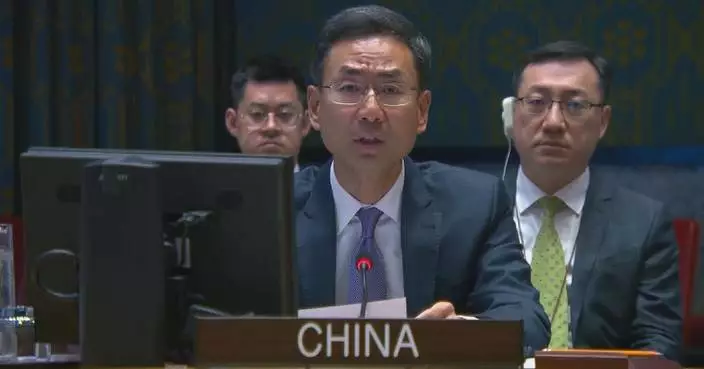A Chinese envoy on Thursday stressed that pressure and coercion are not the tools of diplomacy, and confrontation cannot resolve the Iranian nuclear issue.
Li Song, China's permanent representative to the International Atomic Energy Agency (IAEA), made the remarks at an IAEA Board of Governors meeting where Iran's nuclear program was the focus of discussion.
The United States, the United Kingdom, France and Germany pushed for a resolution aimed at pressuring Iran.
However, China, Russia, and Burkina Faso, out of the 35 board members, vetoed the resolution. Additionally, 12 developing countries, including South Africa, India, and Egypt, chose to abstain from voting.
The Board of Governors is one of the two policy-making bodies of the IAEA, along with the annual General Conference of IAEA Member States.
China welcomes Iran's cooperation with the IAEA on unresolved safeguards issues and commended the positive outcomes of IAEA Director General Rafael Grossi's recent visit to Iran, according to Li.
He warned that creating confrontation and escalating tensions would only serve to complicate the cooperation between the IAEA and Iran.
Emphasizing that exerting pressure and coercion are not the means to resolve the Iranian nuclear issue, Li called for renewed political and diplomatic endeavors. He stressed the importance of constructive multilateral cooperation in addressing non-proliferation challenges.
In light of the Joint Comprehensive Plan of Action (JCPOA) being severely undermined in recent years, Li urged all parties to adopt a measured and responsible approach.
He called for practical steps to support genuine diplomacy and to move towards a political resolution on the issue.
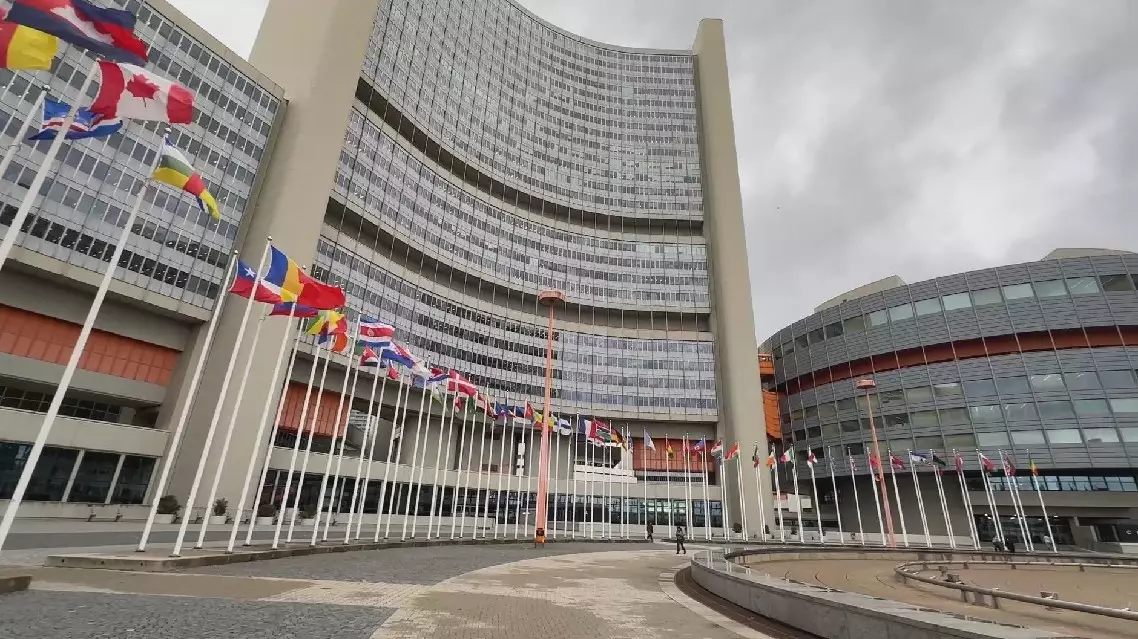
China urges diplomacy, opposes pressure on Iran nuclear issue
The European Union (EU) and the Netherlands have voiced support for the arrest warrants issued by the International Criminal Court's (ICC) for Israeli Prime Minister Benjamin Netanyahu, as well as his former defense minister and a Hamas military commander.
In a statement released on Thursday, the ICC's pre-trial chamber accused Netanyahu and former Israeli Defense Minister Yoav Gallant of committing "crimes against humanity and war crimes" between at least Oct. 8, 2023 and May 20, 2024, the date when the prosecution submitted the arrest warrant applications.
The ICC also issued an arrest warrant for Mohammed Deif, the commander of Hamas' military wing, accusing him of committing war crimes and crimes against humanity in the territories of Israel and Palestine from at least Oct. 7 last year. Israel announced that it killed Deif in a July airstrike in Gaza.
Josep Borrell, the EU's High Representative for Foreign Affairs and Security Policy, posted on social media platform X on Thursday that the arrest warrants for Netanyahu, Gallant and Deif are binding on all 124 countries that are states parties to the Rome Statute of the ICC, including all EU member states.
Speaking at a press conference later the same day, Borrell said that the ICC decision is not political but has been made by a court of justice and must be respected as such.
Dutch Foreign Minister Caspar Veldkamp said that the Netherlands supports the warrant and would "100 percent" implement the Rome Statute.
In its Thursday statement, the ICC stated that there are "reasonable grounds" to believe that Netanyahu and Gallant "each bear criminal responsibility as co-perpetrators" for committing war crimes of starvation as a method of warfare, and crimes against humanity of murder, persecution, and other inhumane acts.
The court's statement outlined a series of alleged war crimes, including "intentionally directing an attack against the civilian population," and depriving the "civilian population in Gaza of objects indispensable to their survival, including food, water, and medicine and medical supplies, as well as fuel and electricity."
Although Deif has reportedly been killed by Israeli forces, the ICC noted that it cannot conclusively confirm his death. Prosecutor Karim Khan informed the court that available information from Israeli and Palestinian sources about his death remains inconclusive, leaving the arrest warrant active.
Both Israel and Hamas denied the ICC's allegations of crimes against humanity.
The arrest warrants mean that if they travel to one of the 124 countries that are signatories to the Rome Statute, they could face arrest.
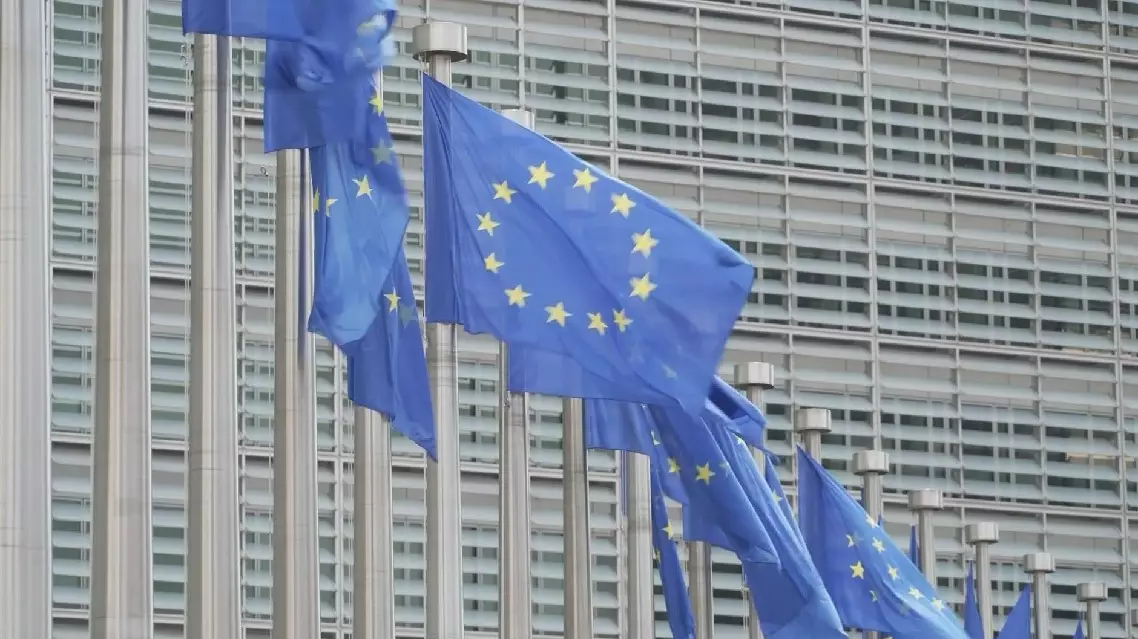
EU supports ICC’s arrest warrants for Netanyahu, Gallant, Hamas leader Deif




